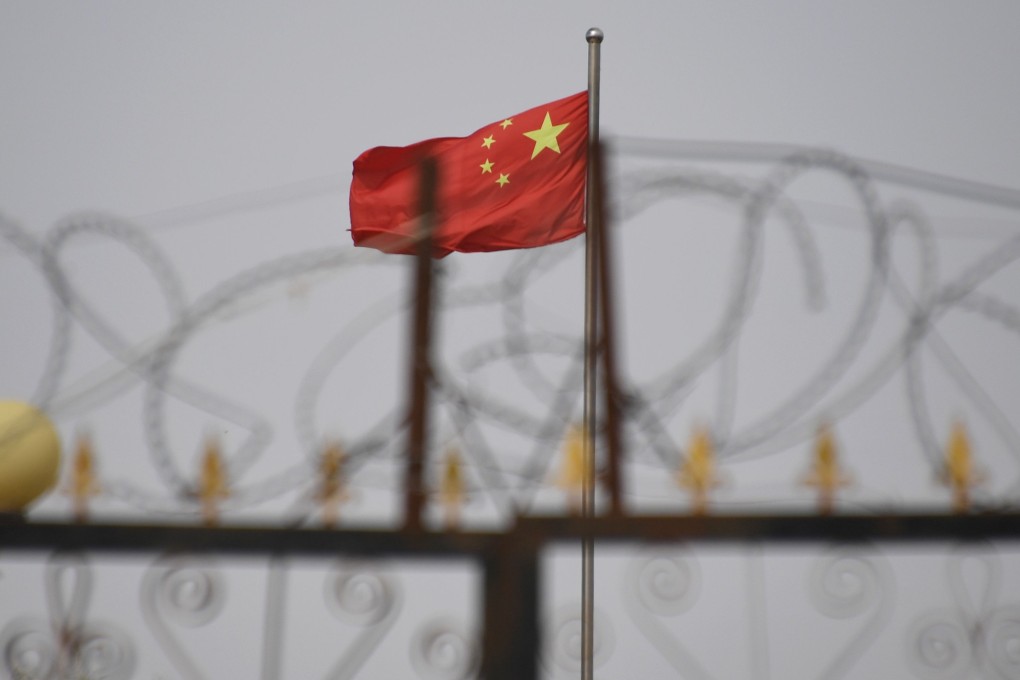US bill would bar goods from Xinjiang, classifying them the product of forced labour by Uygurs
- Uygur Forced Labour Prevention Act would require companies using Xinjiang suppliers to prove that involuntary workers are not involved in production
- Bill is the latest effort in Congress to push the Trump administration to act on China-related human rights issues, including Hong Kong and Tibet

US lawmakers unveiled new legislation on Wednesday that would effectively block imports of any goods from China’s Xinjiang Uygur autonomous region, amid concerns they were made by Uygurs there who had been subject to forced labour.
The act, which adds to the growing pile of bills in the current Congress taking Beijing to task on its human rights record, would require companies that work with Xinjiang-based suppliers to provide convincing evidence that their goods were not produced by involuntary workers.
“It is long past time for companies to reassess their operations and supply chains, and find alternatives that do not exploit labour and violate human rights,” Representative Jim McGovern, Democrat of Massachusetts, said at a panel event on Capitol Hill alongside other cosponsors of the bill, which has yet to be formally introduced.
The act would make it US policy that “all goods, wares, articles, and merchandise mined, produced, or manufactured wholly or in part” in Xinjiang are deemed to have been produced with some form of forced labour.

Currently, the US Customs and Border Protection (CBP) agency can bar the import of goods – or blacklist the supplier of those goods – if there is evidence forced labour was involved in their production.